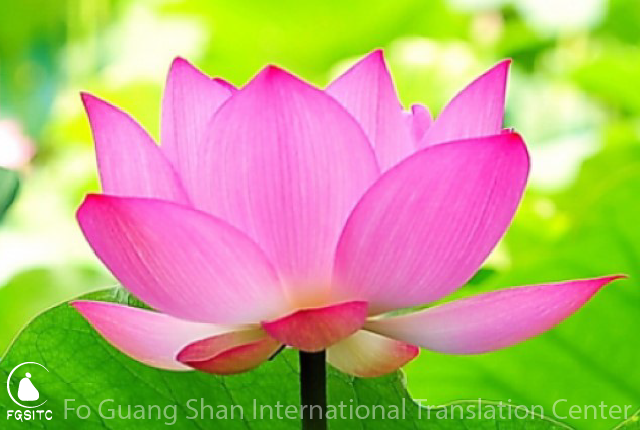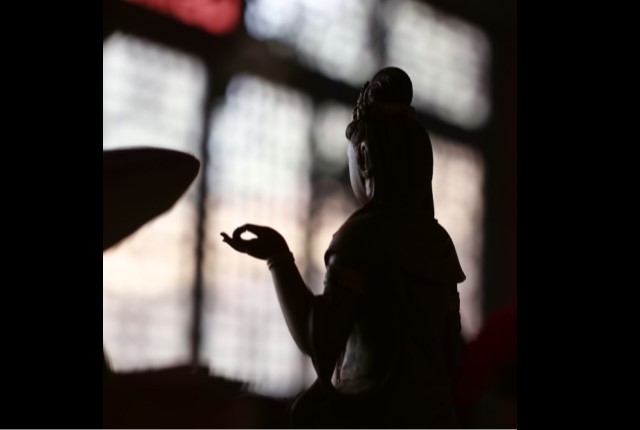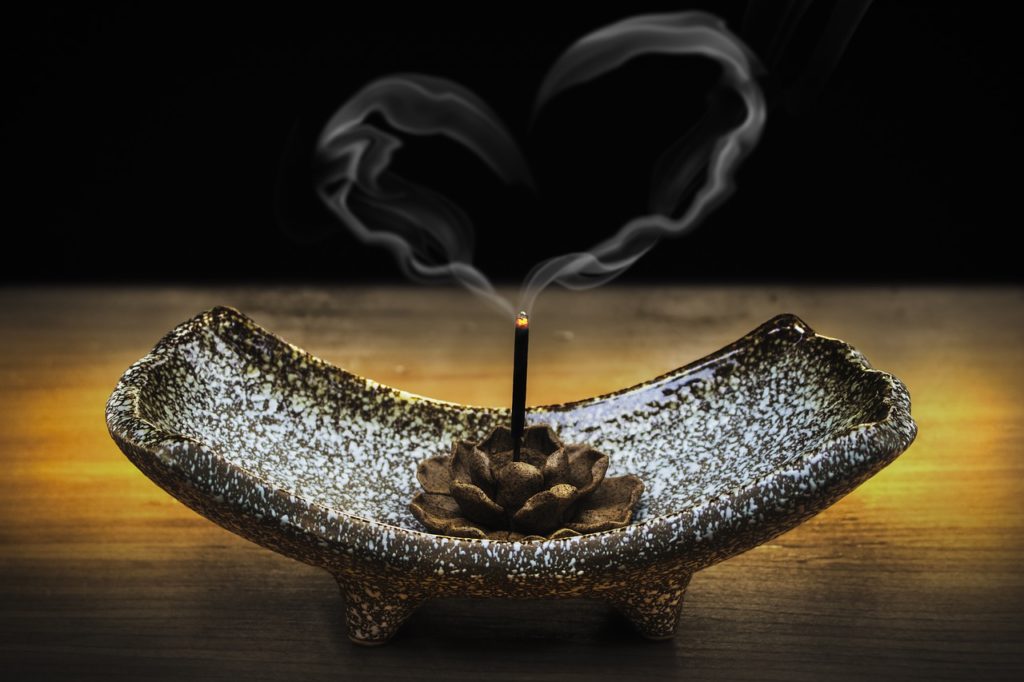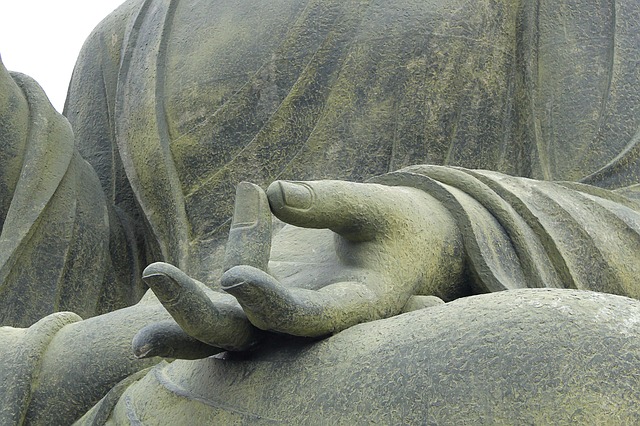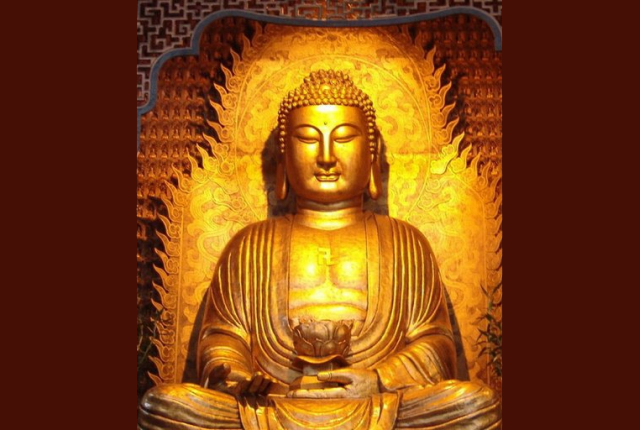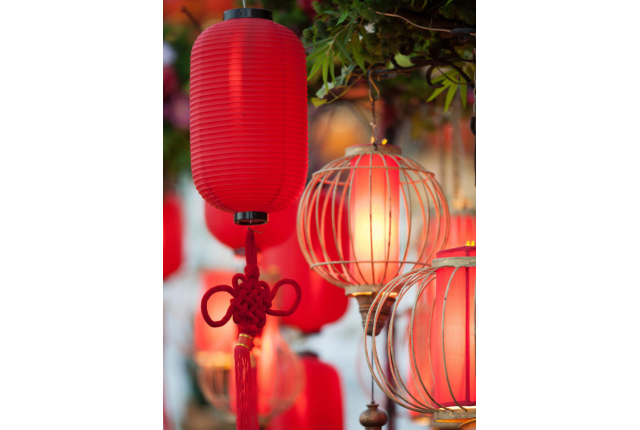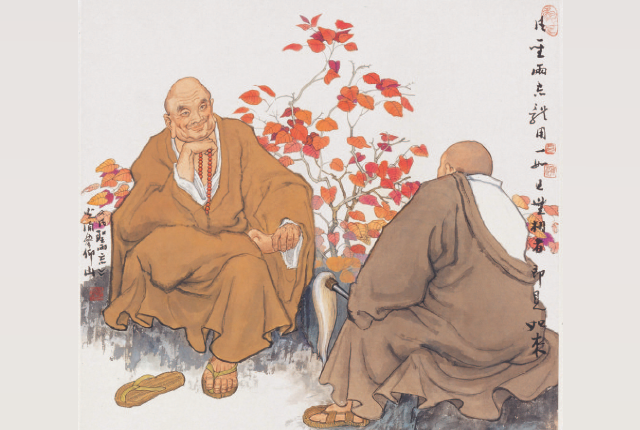
People suffer from a variety of diseases of the mind, such as being greedy, judgmental, or quick to anger. The Great Perfection of Wisdom Sutra says, “There are four kinds of diseases of the body, which are due to excessive wind, heat, phlegm, or other causes. There are also four kinds of diseases of the mind, which are greed, anger, ignorance, and pride.”
Truthfully, it is much easier to cure physical ailments than mental ones. Just as the body is ours to have and understand, we should also each strive to know the mind as well. If we know both our bodies and minds well, then whether our disease is mental or physical, we will naturally be able to heal ourselves.
Mental sickness is like a demon. Each of us has many demons living in our bodies or entrenched within our minds that may appear at the easiest opportunity to wreak havoc in our lives.
According to the Buddhist tradition, there are 84,000 kinds of afflictions or illnesses. At the forefront of all of those afflictions is greed. The next type is anger, the third is ignorance, the fourth is pride, the fifth is suspicion, and the sixth is wrong views. There are many afflictions residing in our minds, but in the end, there is only one affliction that precedes them all: our self, otherwise known as “clinging to the self.”
The affliction of clinging to the self unites and controls all the other afflictions of greed, anger, ignorance, pride, and doubt. Most of the time, we can very easily control our minds when they are healthy and strong, our views are correct, and our thoughts are appropriate and filled with compassion and wisdom.
The moment we become careless and forget to protect ourselves, we will be beset again by the demons of our minds, which in the Teachings Bequeathed by the Buddha Sutra are compared to thieves, wild horses, and enraged elephants.
If we look for the deeper reasons why there are so many troublesome afflictions in our minds, we will find that it all comes down to ignorance and distorted views.
For example, as soon as you become suspicious, you give your afflictions a chance to arise. If you become arrogant, extreme in your opinions, stubborn, selfish, and gullible, or if you enjoy seeing people argue, have no sense of what you believe in, and have low self-esteem, you will easily be led and become a victim of the demon king and his armies of afflictions.
How, then, can we heal the mind? The secret lies in practicing the threefold training: discipline, meditative concentration, and wisdom. It is by practicing the threefold training that we can erase all traces of greed, anger, and ignorance. Greed, anger, and ignorance are sometimes called the three poisons because they are the enemies most profoundly harmful to the body and mind.
Greed is like a stomach ailment since, just like many stomach problems, greed is the result of gluttony. Anger can be compared to lung disease, since diseased lungs gradually ruin the body just as anger ruins all that it touches. Ignorance can be compared to a neurological disorder, since neurological disorders are characterized by the loss of control over speech and motor functions, just as ignorance is the source of mishaps.
The way to heal the mind of the three poisons is threefold: generosity can heal greed, patience can heal anger, and awareness can heal ignorance.
We can view the three poisons—greed, anger, and ignorance—separately.
Firstly, all people harbor some degree of selfishness in their minds. They always think of themselves first. When they see something they like, they want to possess it; as long as they can get what they want, they do not care if others live or die. As a result, the disease of greed naturally arises. Wouldn’t it be better if we could be like a candle that sacrifices itself so others may have light, like dew that appears only briefly but gives part of itself to nourish other living things, or like the sun that selflessly shines across the earth providing warmth and light?
People who are able to give of themselves and who know how to help others feel happiness and joy are people who have overcome greed because generosity is the best way to heal selfishness.
Next, anger is another common illness that troubles people’s minds. People who become angry quickly have not spent enough time cultivating their character. The moment something they do not like happens, they become angry; in a moment of anger, a friend may become an enemy, while a spouse may become a foe. When a thought of anger arises, all things may appear so loathsome and hateful that he or she may wish to destroy the entire world with one blow. The Dhammapada says, “If one tries to end disputes with more disputes, they will never end, for it is only through patience that one can end disputes.” Anger never solves problems. If we practice patience at crucial moments and realize all things in the world are essentially equal and there is no real difference between good and bad or oneself and others, then the disease of anger can be healed.
Lastly, people have the illness of ignorance because they are confused and lack awareness. Ignorance exacerbates the problems of greed and anger; it is the root of all our afflictions and the main reason we remain trapped within the cycle of birth and death. Ignorance leads to wrong views and all too often wrong views lead to the creation of unwholesome karma, which in turn may lead to being reborn in one of the three lower realms: the hell realm, the ghostly realm, or the animal realm. If we can spark a bit of awareness in our minds and realize that an ocean of wisdom resides within us, we will be less susceptible to the harsh winds and turbulent waves generated by ignorance.
From Buddhism and Healing, written by Venerable Master Hsing Yun.
Image from Pixabay.

